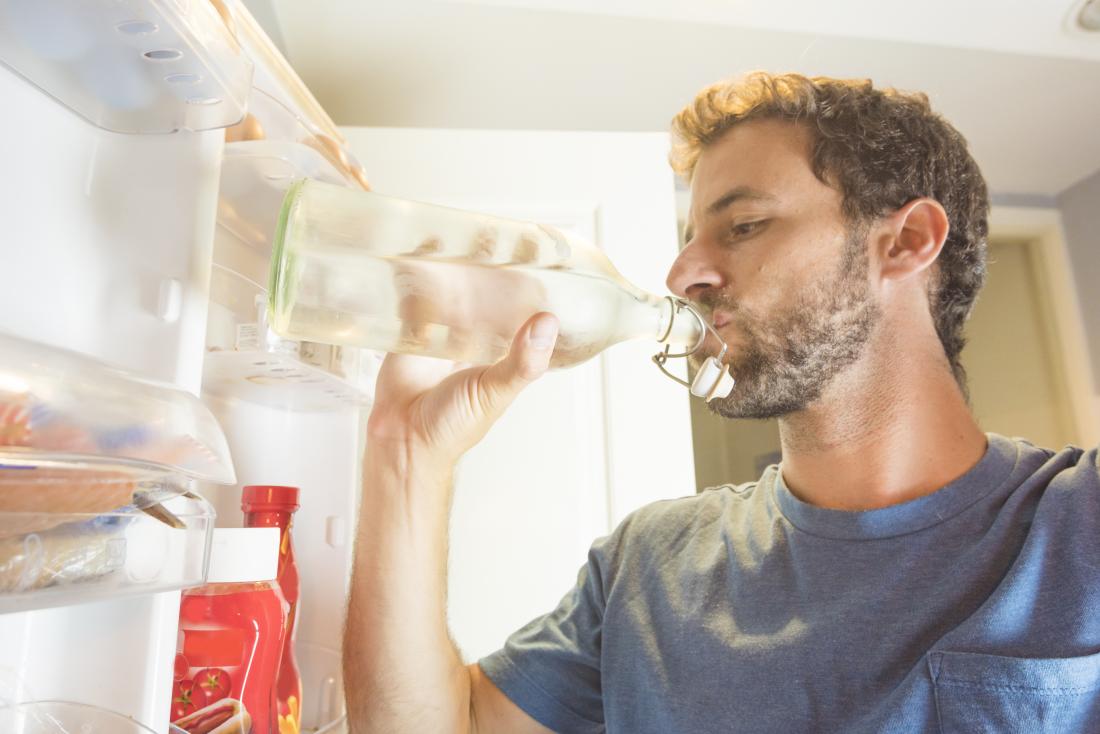Diabetes is a chronic disease in which the body can not produce or metabolize insulin properly. Typically, the level of hormone insulin increases when your blood sugar, or “blood glucose,” rises, as it does after a meal. This instructs your body to soak up glucose until levels return to normal.
However, if you have diabetes, your body either does not produce insulin (type 1 diabetes) or does not respond normally to it (type 2 diabetes). This can cause your blood sugar to remain too high for an extended period of time. Over time, this can cause nerve and blood vessel damage, leading to cardiovascular disease and other issues.
Contents
What Causes Low Blood Sugar?
One of the most common questions is, “What causes low blood sugar?” Low blood sugar can occur if you start taking far too much insulin for the level of carbohydrates you consume. For example, you may experience low blood sugar:
- After consuming a meal high in simple sugars
- If you skip a snack or fail to eat a full meal,
- If you eat dinner later than usual,
- If you consume alcohol without eating anything
- If you have diabetes, especially if you take diabetes medications, don’t skip meals.
Diabetes Symptoms in Men
While the condition can affect anyone, it causes several symptoms that are unique to men. The following are the most common diabetes symptoms in men:
1. Urology Problems
Diabetes-related nerve damage can cause urologic problems in men. Some of these are overactive bladder, difficulty controlling urination, and urinary tract infections.
2. Erectile Dysfunction
The incapability to sustain an erection, or get one altogether is referred to as erectile dysfunction (ED).
It can be a sign of various health problems, including hypertension, renal disease, and circulatory or nervous system disorders. Pressure, smoking, or medication can all contribute to ED.
3. Decreased Libido
Decreased libido or sexual desire affects people with diabetes more than people without diabetes. Diabetes has a negative impact on the libido of men and women. If your sex drive has stalled, start by addressing your diabetes management and taking steps to lower your blood sugar levels. Certain medications, such as antidepressants, can reduce sexual desire, so consult your doctor.
4. Ejaculation Issues
Diabetes patients may experience retrograde ejaculation. As a result, some sperm are released into the urinary bladder. Symptoms include significantly less sperm released during ejaculation.
5. Damaged ANS
Diabetes can damage the autonomic nervous system (ANS) and cause sexual dysfunction.
The ANS regulates the dilation and constriction of your blood vessels. Diabetes can cause ED if the capillaries and nerves in the genitals are damaged.
Diabetes can damage blood vessels, slowing blood flow to the genitals. This is yet another prevalent trigger of ED in men with diabetes.
6. Low Testosterone
Hyperglycemia and low testosterone are well known to be linked. Diabetes increases the risk of low testosterone in men. Men with decreased testosterone are also more likely to develop diabetes later in life.
In response to insulin, testosterone assists the body’s tissues absorb more blood sugar. Men with low testosterone are more likely to have insulin resistance, which means they need to generate more insulin to maintain normal blood sugar levels.
7. Obesity
Being overweight and low testosterone levels are intricately linked. Men who are obese are more prone to having low testosterone levels. Moreover, men with low testosterone levels are more likely to gain weight.
In overweight men, fat cells convert testosterone to oestrogen, which lowers testosterone levels. Obesity also lowers the levels of SHBG, a protein that transports testosterone in the blood. When there is less SHBG, there is less free testosterone.
Exercising to lose weight can boost testosterone levels.
8. Frequent Urination
Diabetes patients begin to use the restroom more frequently. Excessive thirst causes excessive urination. The majority of men have trouble sleeping at night. Bedwetting may occur in elderly patients. The body attempts to expel the excess sugar in the body via urine. Another reason for frequent urination is this.
9. Slow Wound Healing
Diabetes slows down the healing of cuts and wounds. High blood sugar levels lower immunity and impair the body’s capacity to repair itself. If you have an injury that is not healing, seek specialist medical advice because the situation can cause gangrene, calling for amputation.
10. Fatigue
You might have diabetes if you’ve been feeling down and tired for no apparent reason. Unspecified fatigue and lethargy are caused by inefficient energy use. A blood sugar test will give you clarity, so get one right away.
Conclusion
If you have a family history of diabetes or have been diagnosed with borderline diabetes, certain lifestyle changes can keep your diabetes under control. Getting some daily physical activity, eating a well-balanced diet, and keeping a close eye on your weight are all good ways to avoid diabetes. Keeping a constant check on your blood sugar levels also aids in diabetes management.

